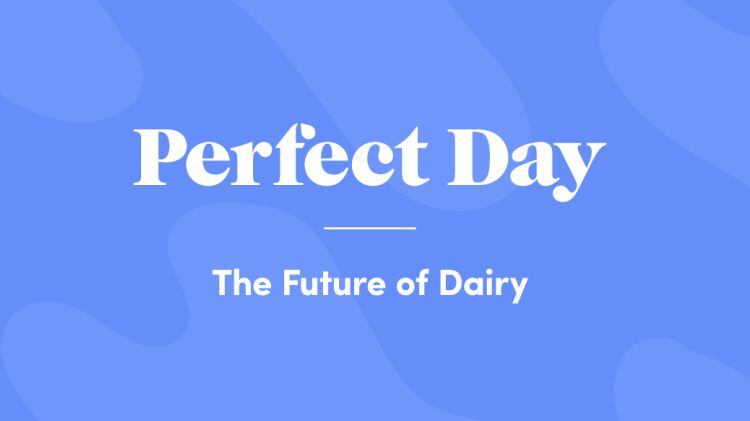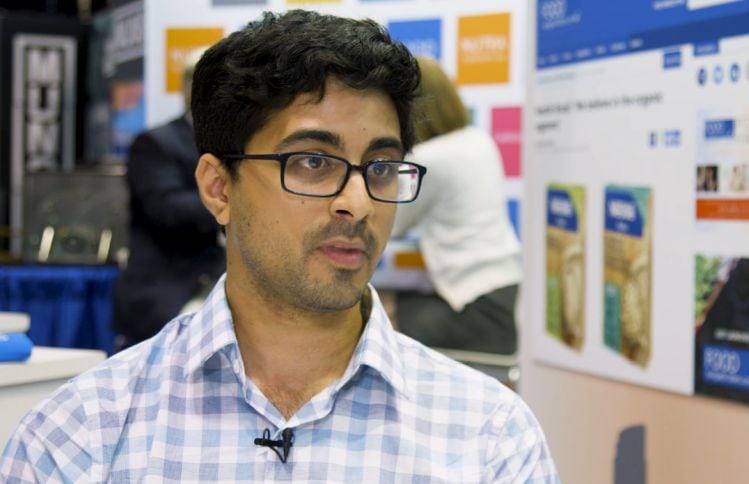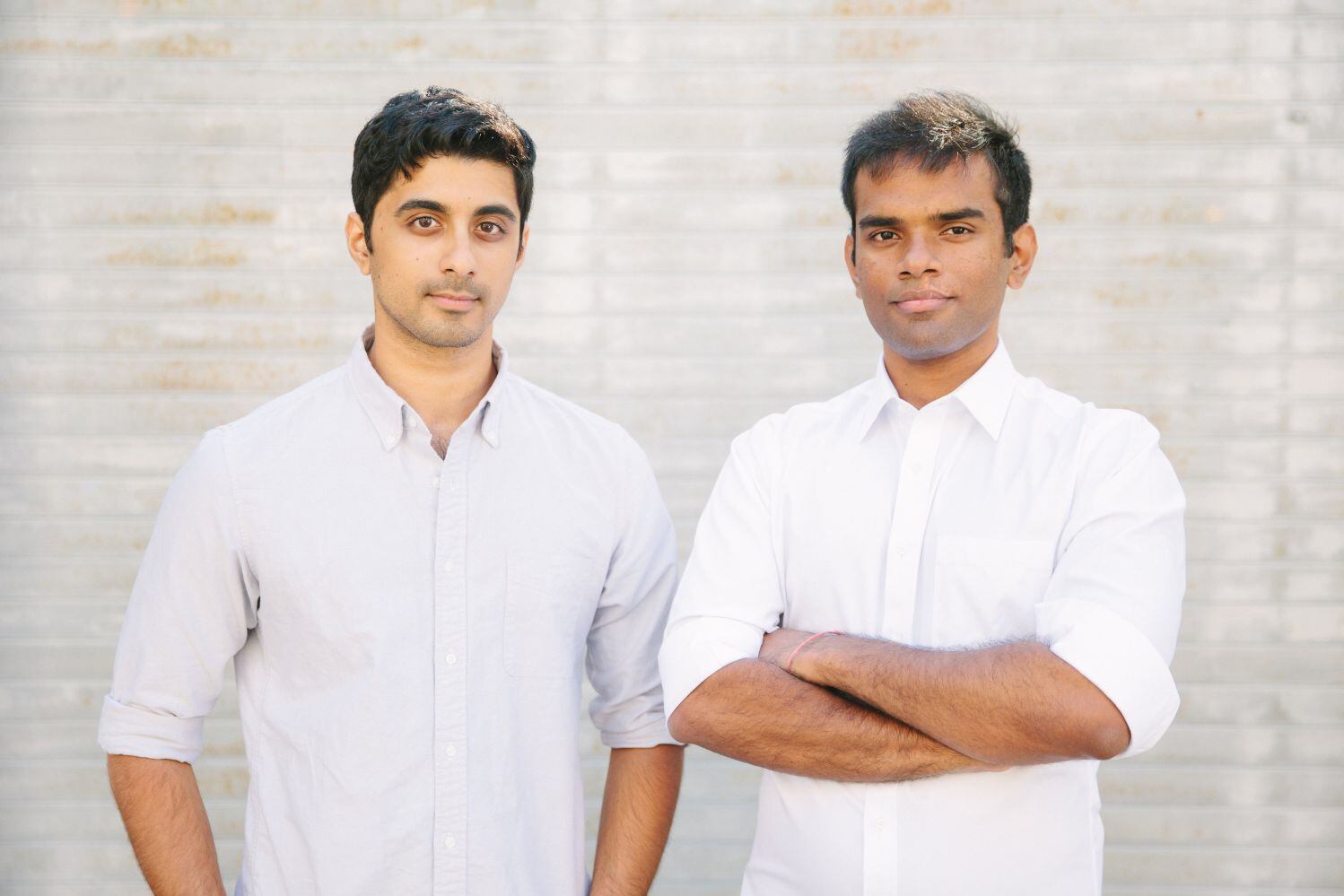While fellow Bay area tech firm Triton Algae Innovations is developing mammalian proteins such as osteopontin (found in human breast milk) from algae, Perfect Day and ADM will be the first to produce dairy proteins on an industrial scale via fermentation, Perfect Day cofounder and CEO Ryan Pandya told FoodNavigator-USA.
“ADM does a ton of large scale fermentation to produce ingredients such as citric acid and lysine, and they also make enzymes [via microbial fermentation], so they have the expertise and infrastructure and large scale assets already built that are perfectly compatible with our process.”
Agreement could extend to cover any number of flora-based proteins
He added: “We’ve spoken to all the usual suspects in the industry but we’ve been talking to ADM for some time and we’re really excited to partner with them. We’re already collaborating on scaling up the technology and this agreement could extend to cover any number of flora-based proteins, and the agreement right now is meant to help us get to full scale with them up to the maximum volume ADM can produce to meet our demand.
“This gives ADM an opportunity to enter the dairy protein market with a unique new microflora-based product that is vegan, lactose-free and more sustainable, but packs the nutrition and functionality of animal protein.”
ADM name and market clout adds credibility
Asked where the Perfect Day proteins would be manufactured, Pandya said: “We know it will be in the US but we’ll still evaluating with them what makes the most sense.”
Asked whether the deal also covered sales, marketing, and distribution, he said: “Food companies would be able to buy ingredients from ADM or Perfect Day.”
The joint development agreement brings Perfect Day substantially closer to introducing a new category of ingredients to the food industry, while the participation by an industry heavyweight such as ADM lends credibility to the enterprise, co-founder Perumal Gandhi told us.
“The credibility that they bring to us is very important and being able to leverage their customer relationships in the food industry as well as benefit from their [manufacturing] expertise will be critical to our success.”
Pandya added: “Customers will have additional confidence in knowing that these proteins will come from a group that they already buy from.”
The timetable
Perfect Day will give fans an opportunity to try some products next year, but is not yet ready to announce the timing of a large-scale launch, he said. “The first product will be an animal-free whey protein, and we’ll move from there into all the other major milk proteins.
"Through this partnership we will leverage ADM’s existing fermentation infrastructure to bring the cost of producing animal-free whey protein down to that of conventional whey protein."

Perfect Day dairy proteins are cleaner, greener and kinder than those produced via industrialized animal farming, claims CEO Ryan Pandya, but they also represent a new supply of animal-free proteins that deliver the unique functionality and nutrition of dairy so that formulators do not have to compromise.
How are the proteins manufactured?
The brainchild of Ryan Pandya and Perumal Gandhi – who recently raised $24m - Perfect Day takes a type of Filamentous Fungus (which the company describes as ‘microflora,’ and adds DNA sequences (which can be 3D printed using synthetic biology techniques) which effectively instruct the fungus to produce the proteins found in milk.
It then adds the microbe into big fermentation tanks with sugar and other nutrients to feed on and sits back while it gets to work.

How should we talk about Perfect Day’s animal-free proteins? They’re vegan in the sense that no animals were involved in their production, and they are dairy proteins in the sense that they are the same as the proteins produced by cows, CEO Ryan Pandya told FoodNavigator-USA at the IFT show in Chicago (WATCH THE VIDEO). But is ‘animal free dairy’ something consumers can get their heads around?
“We’re doing a lot of work this year to figure out the right ways to talk about this that minimize any confusion that people have,” explained Pandya. "People think it’s dairy and people think it’s non-dairy, and in reality it’s a little bit of both…"
Potential application areas:
According to Pandya: “We’re looking at opportunities to replace dairy ingredients in applications already using dairy, and we’re also looking at opportunities to make plant-based products better… but there’s also a third category, because we’re making these proteins individually we’re actually able to explore a wider functionality space than what you can do with a set ratio of proteins that you find in cow’s milk. So we’re figuring out what these proteins can do to bring new experiences and functionality to food…”

